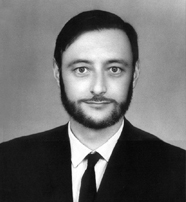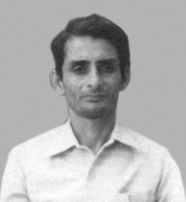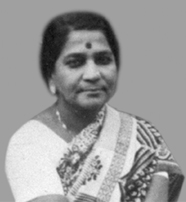3. IN THE WAKE OF KNOWLEDGE
|
James O’Rourke, WHO SMO |
|
Spectacular ephemeral results are less useful than
sound structure and growth. But even this clear, practicable aim
demands attention to a myriad details. Supplies must flow regularly,
equipment has to be maintained: supervision must be augmented by
assessment, feeding back into research...NTI cannot subsist on enthusiasm
alone. Possessed by our cause, we must still grasp all its implications. |
3.1 Challenges during the early period
Knowledge, it is believed, is power. Realistically, what use is knowledge without action? The knowledge the NTI generated was operational. The NTP sought to use it for reducing suffering from TB. Past experience revealed that it is more difficult to change the attitudes and practices of the so called knowledgeable than the naive. The former have something to “protect”, therefore, they question more. The latter have nothing to lose. If they are persuaded that something tangible can be gained, they might become willing participants in the change.
If the NTP took roots and developed as planned, the accruing benefits would steadily decrease the burden of TB. This would be truly a monumental achievement with far reaching implications. However, this robust pragmatism had a catch. The burden of pushing the NTP was placed on a few officers located in Delhi or Bangalore. As Dr James O’Rourke who had joined as Senior Medical Officer (SMO), WHO said: Apart from the considerable experience that it has acquired already in research on operational matters, the NTI is proud also of its awareness that control of TB is like control of other diseases. It requires not a specialised, isolated structure, but an integrated health service. Both for operational enquiries and for the development of the programmes the Institute has the advantage of habitually focussing on one subject whilst being deeply concerned with overall picture45.
Obviously, the first job was training of the key personnel running the NTP - health administrators, doctors and other TB workers. Even the highly motivated work force of the NTI found it an uphill task to expose the ‘knowledgeable’. The year following the acceptance of NTP, the work of the NTI increased. It had to energise the various state governments : (i) to send key medical and para medical workers for training; (ii) to select districts to function as DTCs; (iii) to train the key personnel managing it; (iv) to interact with the newly implemented DTCs in problem solving exercises; (v) to interact with GOI, UNICEF and WHO in securing the despatch of equipment and such supplies like: (a) X-ray machines, (b) films, (c) microscopes, and (d) laboratory reagents, which were not yet available in India; (vi) to interact with the concerned agencies for uninterrupted drug supplies etc. This work became a necessary addition to the NTI’s primary role in conducting training courses, assessing the performance, and conducting operations research to improve programme efficiency.
|
Mr. AN Shashidhara |
Miss. MA Seetha |
In 1963, there were several important administrative changes. Dr DR Nagpaul took over as the Director and Dr Raj Narain resumed his functions as epidemiologist. Mr Stig Andersen, who along with Dr D Banerji had done path breaking work in sociology, went to Manila on a different assignment and Dr James O’Rourke took over from him as SMO. All these men were unsparing in their efforts in pushing NTP, while at the same time recognising the difficulties involved in its working. During the same period, Dr P Chandrasekhar, Dr Pyarelal, Mr VA Menon, X-ray Engineer, Mr L. P. Subramanian, AO, Ms. MA Seetha, also joined. Ms Seetha worked in various capacities and retired as assistant training officer and was very well-known among trainees.


